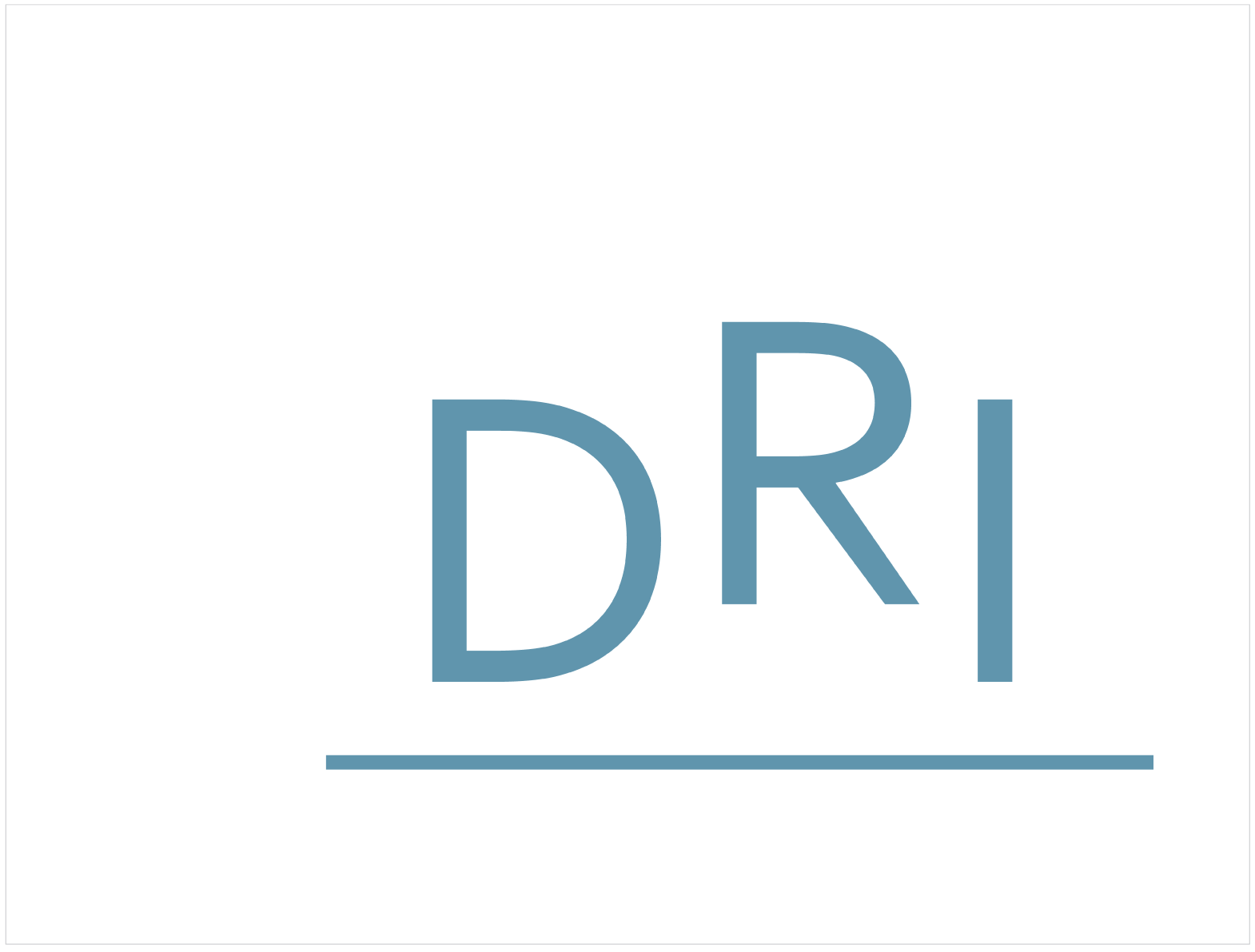In Hong Kong’s fast-paced working environment, getting caught up in tasks, projects, and meetings is incredibly easy. So we completely forget about taking breaks or even lunch.
However, we don’t realize that by not creating pauses for ourselves to regroup, we actually end up hurting the quality of our work and, more importantly, ourselves.
When we take mindful breaks throughout the day, we can:
- Reduce stress. When our bodies are stressed, they produce cortisol which negatively impacts our physical and mental health.
- Improve focus. Clearing our minds can help us return to the present with new eyes and better concentration.
- Boost creativity. Combining relaxation and focus can improve creativity, leading to coming up with new ideas and solutions.
Why do we need mindful breaks?
Mindfulness is the practice of paying attention to the present moment without judgment. In theory, it doesn’t sound too complicated, but in reality, it takes quite a lot of practice to resist judgment.
For example, we manage to grab a salad and try our best to gobble it to get back to work as fast as possible. As we sit there, some of the thoughts that come to our mind could be:
- Why did I leave everything for the last minute? Now I have to rush through everything.
- The task I completed was not excellent; I really could have done better.
- Why didn’t I say ______ or _______ to that colleague? It would have been so much simpler to finish this.
- I hate I have to eat so fast.
These are just a few thoughts we can name, and as you notice, they all navigate in judgment of either something we did wrong or it could be something someone else did we deem as wrong.
We produce up to 50,000 thoughts daily, and 70% to 80% are negative. This translates into 40,000 negative thoughts a day that need managing and filtering.
What is a mindful break?
Practicing mindfulness, we focus on our breath and our surroundings without letting our minds wander to the past or future. This can help us relax our bodies and minds and return to the present moment with a fresh perspective.
By taking mindful breaks, we can improve our overall health and well-being to become more productive and successful at work.
A mindful break can look many different ways. Some of the activities we suggest are: walking in nature, listening to calming music, reading a book, and meditating.



Positive Psychology and Mindful Breaks
Positive psychology studies what makes people happy and successful. It focuses on the positive aspects of the human experience, such as strengths, virtues, and resilience.
By pairing up positive psychology and mindfulness, we can make the impact of our breaks even more meaningful by creating spaces in our lives where we take care of ourselves, and by doing that, we can better take care of others.
Some examples of incorporating positive psychology into our lives can be:
- Focusing on our strengths. We notice our shortcomings and weaknesses more than our strengths. Yet, by doing so, we can find better outcomes and solutions to our problems and build our confidence.
- Practicing gratitude. There are countless studies about the positive impacts of being grateful. The bottom line is that taking even a short moment to appreciate what you have can go a long way for mental and physical health.
- Helping others. Practicing service is a great way to boost our happiness. When we help others, we feel good about ourselves and can positively impact the world.
We can build a more positive and productive work environment by taking mindful breaks and practicing positive psychology. Take a mindful break now.

Tiara Hoquee
Psychologist and Emotional Intelligence Coach




